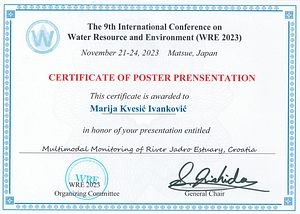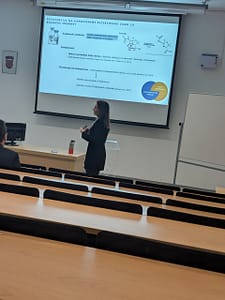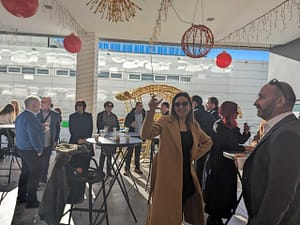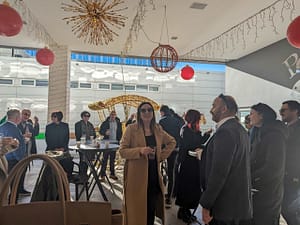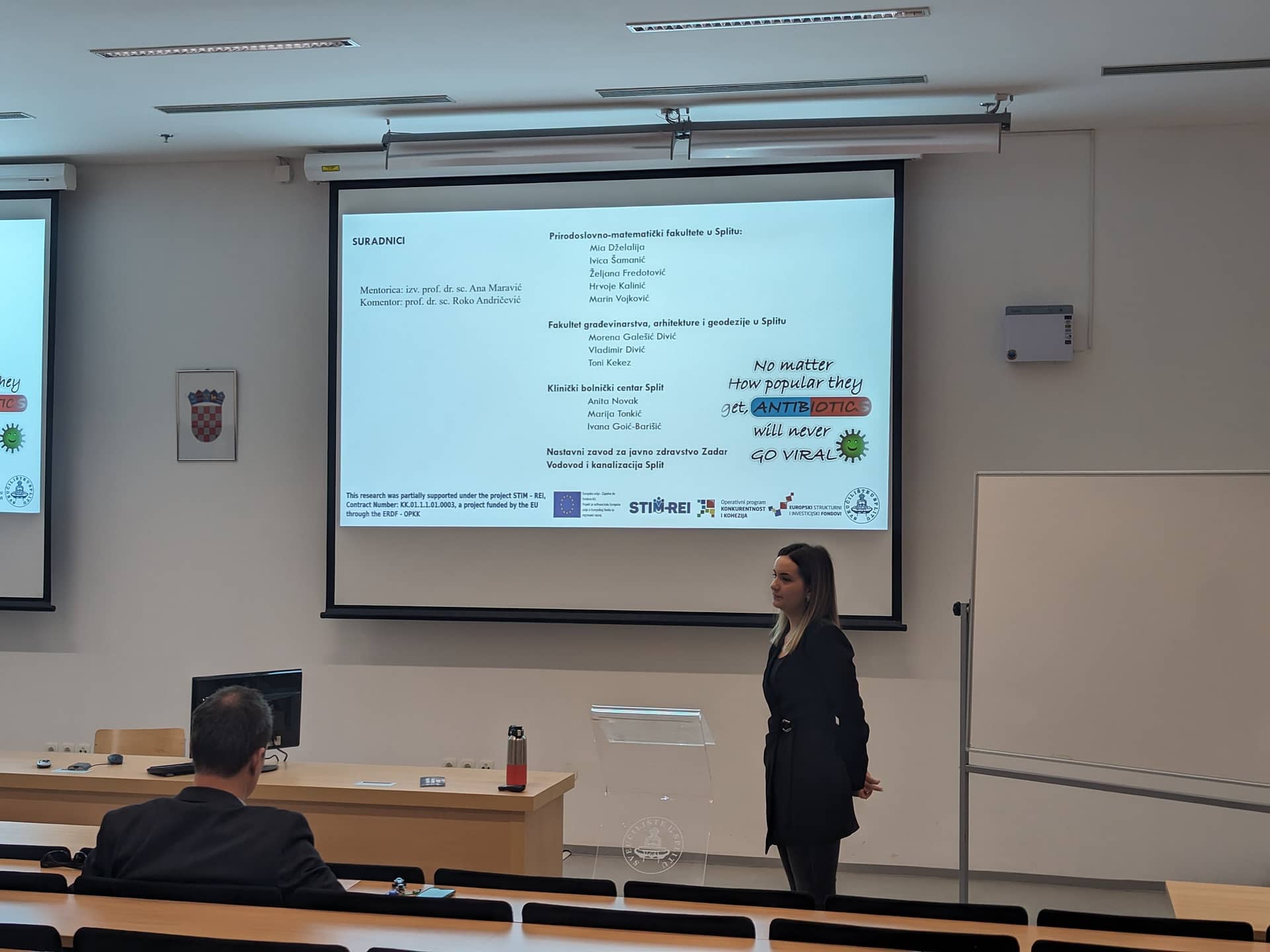Our colleague, Marija Kvesić Ivanković, research assistant/PhD student at the Postgraduate University Study in Biophysics at the Faculty of Science at the University of Split, successfully defended her PhD Thesis titled:
“THE IMPACT OF SUBMARINE OUTFALLS OF TREATED WASTEWATER ON THE MICROBIAL COMMUNITY STRUCTURE AND THE RESISTOME OF THE COASTAL MARINE ENVIRONMENT”
on Monday, December 18, 2023, at the Faculty of Science in Split (A0-2), in front of the members of the Expert Committee:
- assistant professor Ivica Šamanić, Faculty of Science in Split – president,
- assistant professor Marin Ordulj, University Department of Marine Studies in Split – member,
- Slaven Jozić, research associate, Institute of Oceanography and Fisheries in Split – member,
- assistant professor Željana Fredotović, Faculty of Science in Split – substitute member.
Mentors:
associate professor Ana Maravić – Faculty of Science, University of Split
and full professor Roko Andričević – Faculty of Civil Engineering, Architecture and Geodesy, University of Split.
ABSTRACT:
The impact of submarine outfalls on the coastal marine microbiome and resistome remains insufficiently analysed, emphasizing the main objective of this dissertation. Modern technologies, including fast-profiling probes and next-generation sequencing, were employed to fill knowledge gaps and provide new insights into submarine outfalls as epidemiologically significant sources as well as hotspots of environmental contamination with antibiotic-resistant bacteria (ARB) and resistance genes (ARGs). Analysis of the water column stability and its influence on the effluent plume movement confirmed the role of stratification in submerging effluents beneath the pycnocline. Additionally, probes’ utility in describing plume shape and its real-time detection was emphasized and subsequently used as a sampling methodology in the chapter Additional results. Metagenomic analyses furthermore demonstrated the negative influence of submarine outfalls on the marine microbial community, leading to the spread of nonindigenous and pathogenic bacteria potentially carrying ARGs. Furthermore, identification of carbapenemase-producing Enterobacteriaceae (CPE) in the vicinity of the submarine outfall associated with hospital wastewater was notable, evidencing the initial detection of environmental CP-E. coli containing both blaKPC-2 and blaOXA-48 carbapenemase genes. Additional findings highlighted differences in microbial community structure between outfall locations and areas unaffected by wastewater intrusion. Moreover, the integration of shotgun analysis across WWTPs and corresponding submarine outfalls provided insights into complex bacterial community and ARG variations, underlining AR’s persistence and release into the marine environment. Emphasizing the need for holistic strategies, this work aligns with the One Health concept, recognizing the problem of antibiotic resistance in the environment.
We are proud of Marija, who recently received the award for the best poster presentation at the Water Resource and Environment WRE 2023 conference in Japan for this research! We bring part of the atmosphere of this excellent presentation of the doctoral dissertation that deals with an important challenge for our society. Sincere congratulations Marija, we wish you much success in your future work!
